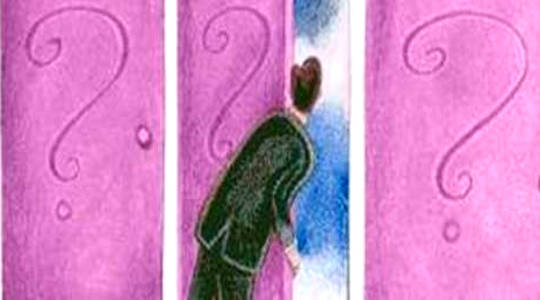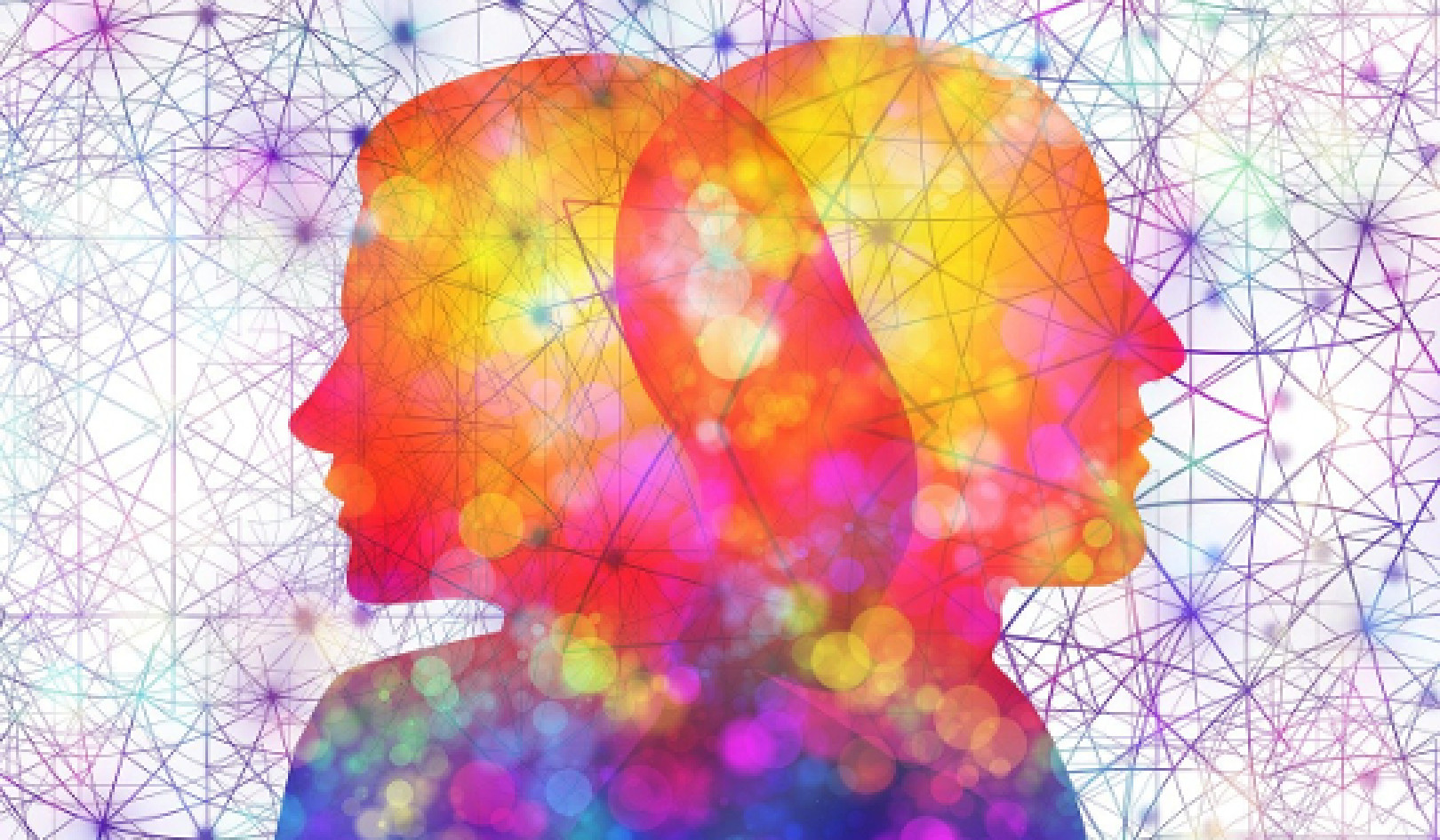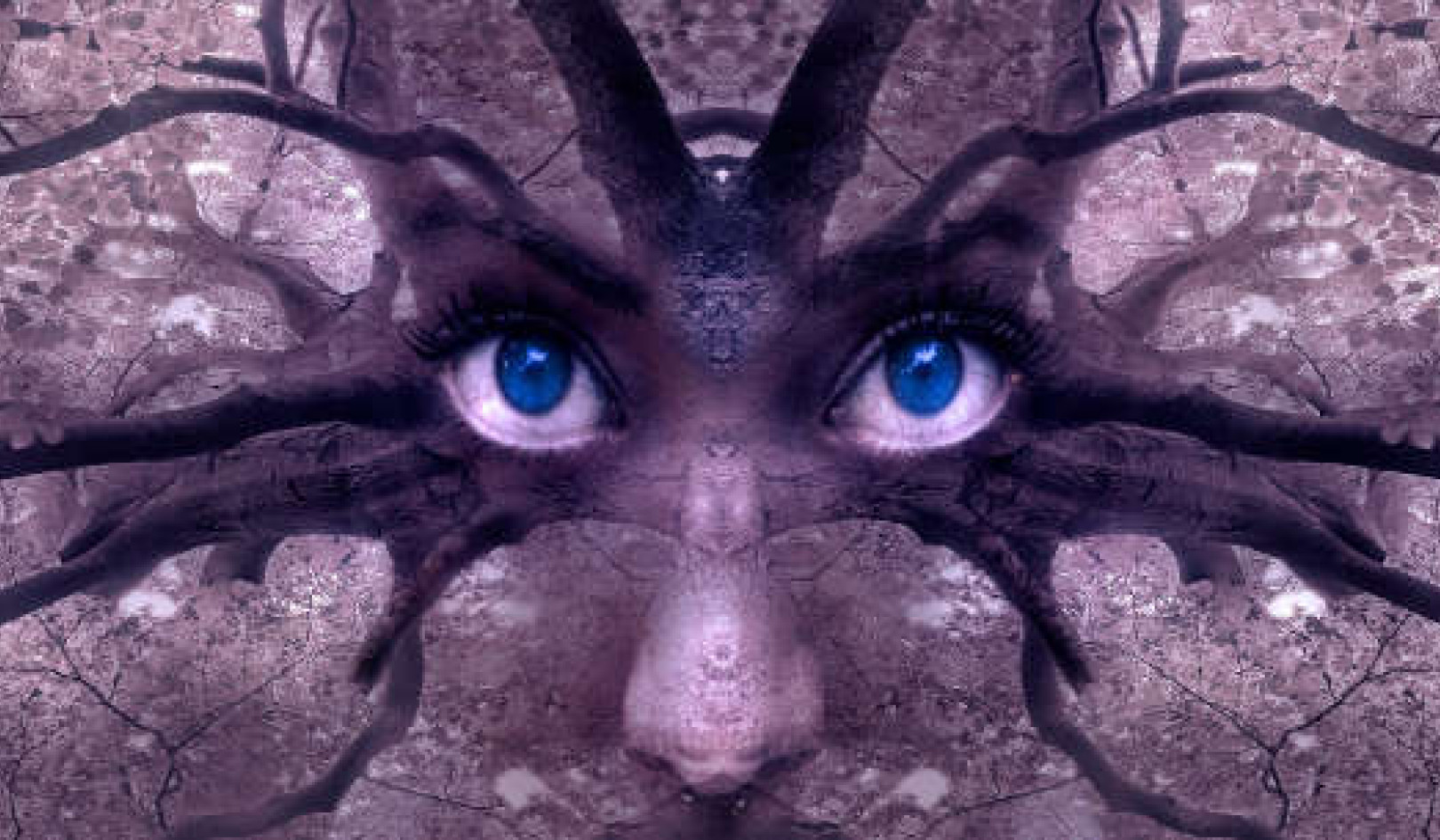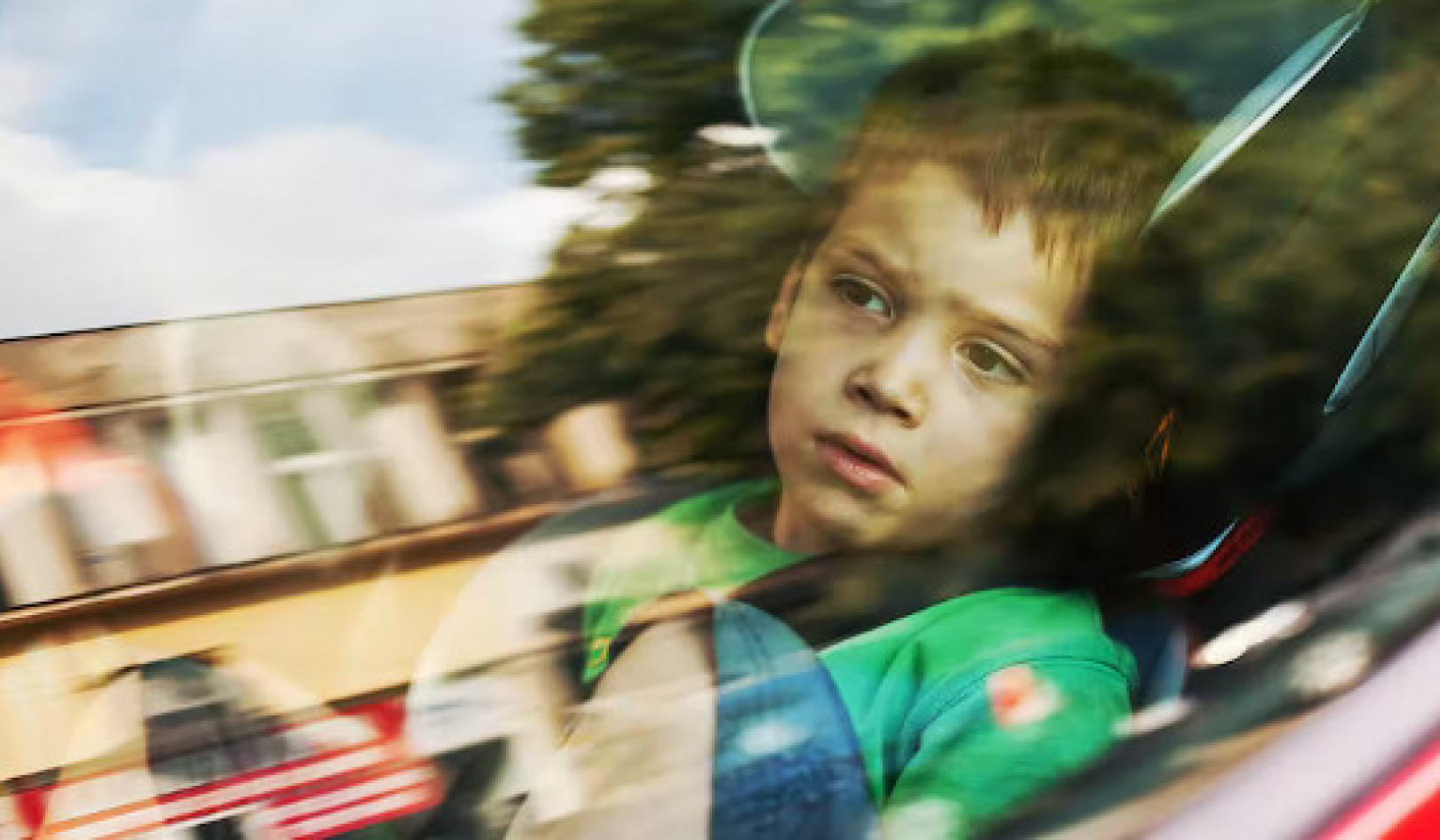
When one door of happiness closes, another opens; but often we look so long at the closed door that we do not see the one which has been opened for us. —Helen Keller
It goes without saying — but I’m going to mention it anyway — that your happiness, or lack thereof, depends largely on your expectations. If you believe that only one person, job, home, or car can bring you happiness, you are setting yourself up for disappointment.
Even if you fall in love with your childhood sweetheart, marry, and raise a healthy family, eventually one of you will depart, leaving your partner to grieve. Nothing in this world lasts forever. Loved ones, jobs, homes, cars, finances, and health can come and go.
If you believe that living a happy life means that you will never go through loss, sorrow, disappointment, failure, or grieving, you are setting yourself up to be let down. Your beliefs about happiness need to be realistic. If you are addicted to a fantasy of perfection, any happiness you experience will be short-lived. To expect anyone’s life to be flawless is utterly unrealistic.
Reality-Challenged Beliefs About Happiness
Which brings us to the next expectation: If you think happiness means that you never feel sadness, rage, or remorse, your beliefs about happiness are, shall we say, “reality-challenged?” A sudden upheaval in your personal or professional life, extreme financial difficulties, continual family crises, divorce, surviving an accident, witnessing a crime, or catastrophe are likely to disturb even the sunniest disposition.
It is not a failure to find that you don’t feel like yourself, or that you can’t shake a deep sense of sorrow after such an event. Even a seasoned first responder or combat veteran can become upset.
Happy People Are Capable of Feeling Sorrow
 Feeling disturbed by violence or sudden loss does not mean that you are not a happy person or that you will never be happy again. That type of statement is called a “cognitive distortion” because it leads you to an all-or-nothing, either/or, black-or-white outcome. Happy people are capable of being shaken up emotionally by tragedy. They are capable of mourning their losses and feeling the 10,000 sorrows and 10,000 joys life has to offer.
Feeling disturbed by violence or sudden loss does not mean that you are not a happy person or that you will never be happy again. That type of statement is called a “cognitive distortion” because it leads you to an all-or-nothing, either/or, black-or-white outcome. Happy people are capable of being shaken up emotionally by tragedy. They are capable of mourning their losses and feeling the 10,000 sorrows and 10,000 joys life has to offer.
And so are you! Feeling sad or angry does not mean that you are a “victim of negative thinking” or that you are being punished…as long as you do not get “stuck” ruminating about hurtful events in the past. As a vibrant human being, you need to be open to a spectrum of emotions. That way, you can enjoy, what has been nicknamed, tongue in cheek, “the full catastrophe of Life with a capital L.”
Sadness and Depression Are Different Things
As a culture, we Americans tend to be phobic of unpleasant life events. Our superficial cultural programming conditions us to believe that we are entitled to feel joy at all times. If we are not experiencing pleasure, millions of us feel as if we have somehow failed or that God is punishing us for negative thinking. The late Margaret Mead, a world-renowned anthropologist, observed that of all the societies in the world she had studied, only Americans believed that if they became ill, it was a punishment from God.
We also have a tendency to use the words “sadness” and “depression” interchangeably. But you can feel sadness without being depressed. Feeling down, feeling blue, crying, or experiencing sorrow does not automatically mean that you are “depressed.” But if your mood is depressed for days at a time and you have lost interest or pleasure in what you used to enjoy, and those symptoms (along with several others) persist for a two-week period, you probably meet the diagnostic criteria for depression and need to seek professional help.
Sadness and Laughter Can Coexist
Incomprehensible though it may seem, you are also capable of feeling contradictory emotions simultaneously. Have you ever laughed and cried at the same time? Laughed so hard that you cried? Felt sad when others were celebrating? Discovered humor in a desperate situation?
Our point is that sadness in and of itself should not send you to your doctor for a prescription for antidepressants to make it go away. Forget the “diagnose and adios” approach. Sadness is not a disease.
Nor is happiness the opposite of sadness, although many people have said that without sorrow we would have no way to measure how happy we are. As we noted earlier, it is possible to feel happy and sad simultaneously. Happiness is unique to every one of us, yet the language of happiness is spoken and understood everywhere.
Being Naturally Happy, Here & Now
Although you cannot buy it, grow it, achieve it, receive it as a reward, chase it, hold on to it, or put it in the trunk of your car, you know happiness when you see, hear, and feel it. Ironically, the more frantic you are in searching for it, the less likely you are to happen upon it. And when you do, you might not be able to recognize it within yourself. Chasing after happiness while believing that it is somehow removed from you, as in “out there,” or “in the future,” can make you become addicted to craving what you believe you cannot have.
But you can be naturally happy. Right here. Right now.
Reprinted with permission of the publisher,
New Page Books, a division of The Career Press, Inc.
©2010. www.newpagebooks.com
Article Source
Happiness Genes: Unlock the Positive Potential Hidden in Your DNA
by James D. Baird, PhD with Laurie Nadel, PhD.
 Every day thousands of advertising images seduce into believing that happiness can be bought. But put away your wallet away. Happiness is at your fingertips, or rather sitting in your DNA, right now! The new science of epigenetics reveals there are reserves of natural happiness within your DNA that can be controlled by you, by your emotions, beliefs and behavioral choices.
Every day thousands of advertising images seduce into believing that happiness can be bought. But put away your wallet away. Happiness is at your fingertips, or rather sitting in your DNA, right now! The new science of epigenetics reveals there are reserves of natural happiness within your DNA that can be controlled by you, by your emotions, beliefs and behavioral choices.
Click here for more info and/or to order this book.
Watch a video/interview with Author James Baird
About the Authors
 James D. Baird, Ph.D. has more than forty years of experience as a successful inventor and graduate engineer. His passion for understanding the bioengineering that makes us human combined with his spiritual beliefs has led him to research the subject of happiness for more than 20 years, and in the process, earned him a Ph.D. in Natural Health. Happiness Genes: Unlock the Positive Potential within Your DNA is his fourth book.
James D. Baird, Ph.D. has more than forty years of experience as a successful inventor and graduate engineer. His passion for understanding the bioengineering that makes us human combined with his spiritual beliefs has led him to research the subject of happiness for more than 20 years, and in the process, earned him a Ph.D. in Natural Health. Happiness Genes: Unlock the Positive Potential within Your DNA is his fourth book.
 Laurie Nadel, Ph.D. spent 20 years as a journalist for major American news organizations, including CBS News and The New York Times where she wrote a religion column, “Long Island at Worship.” The author of the best-seller Sixth Sense: Unlocking Your Ultimate Mind Power (ASJA Press, 2007), she has appeared on “Oprah.” “The Dr. Laurie Show” on Genesis Communications Network explores New Science topics. She holds doctorates in psychology and clinical hypnotherapy with a specialty in stress/wellness issues and Post-Traumatic Stress Disorder.
Laurie Nadel, Ph.D. spent 20 years as a journalist for major American news organizations, including CBS News and The New York Times where she wrote a religion column, “Long Island at Worship.” The author of the best-seller Sixth Sense: Unlocking Your Ultimate Mind Power (ASJA Press, 2007), she has appeared on “Oprah.” “The Dr. Laurie Show” on Genesis Communications Network explores New Science topics. She holds doctorates in psychology and clinical hypnotherapy with a specialty in stress/wellness issues and Post-Traumatic Stress Disorder.


























